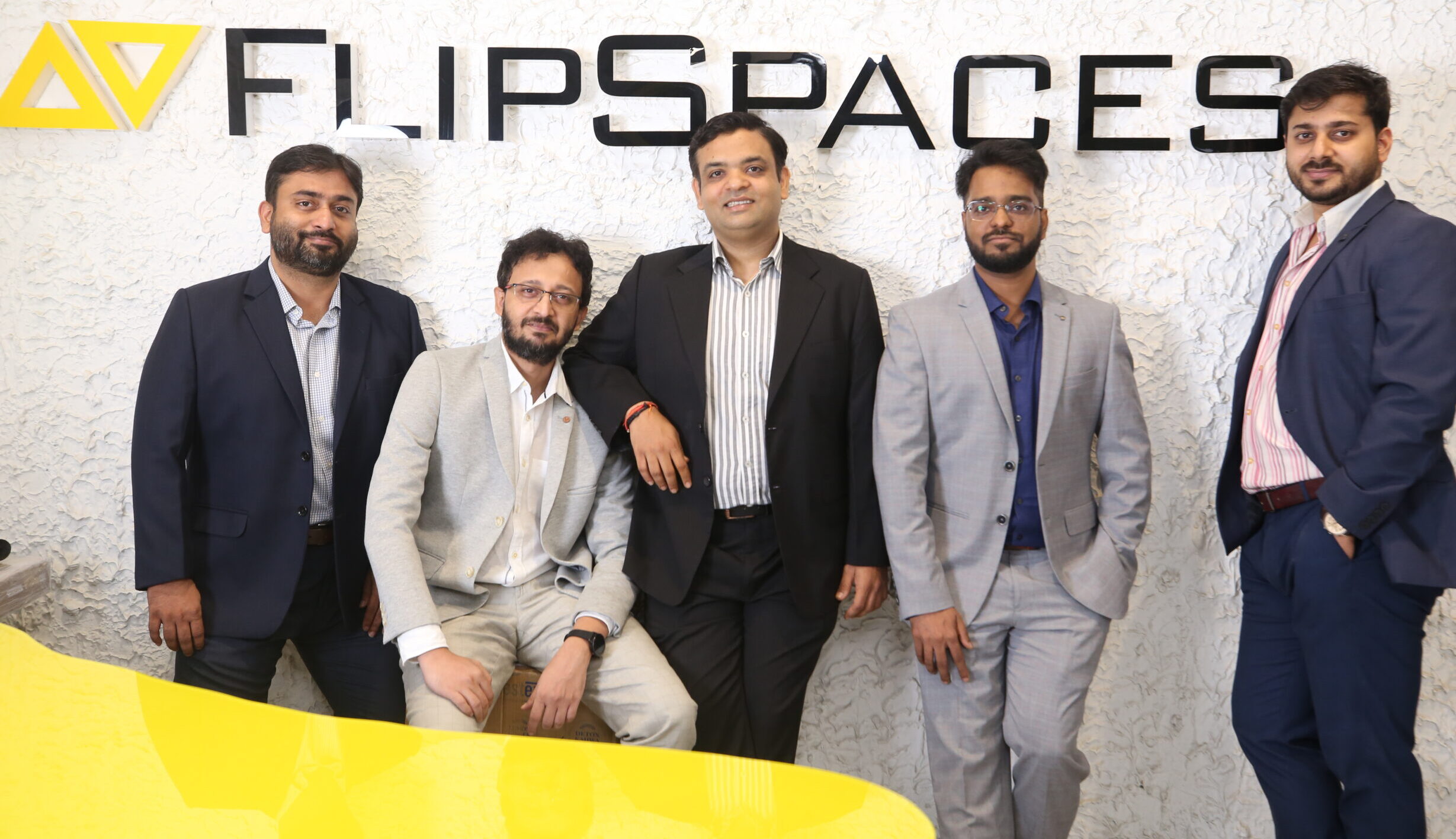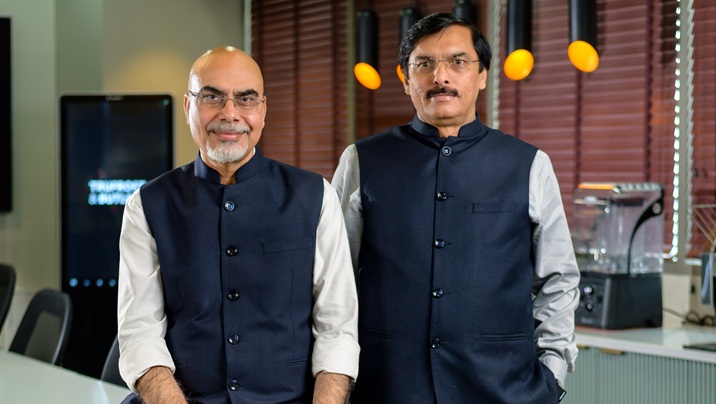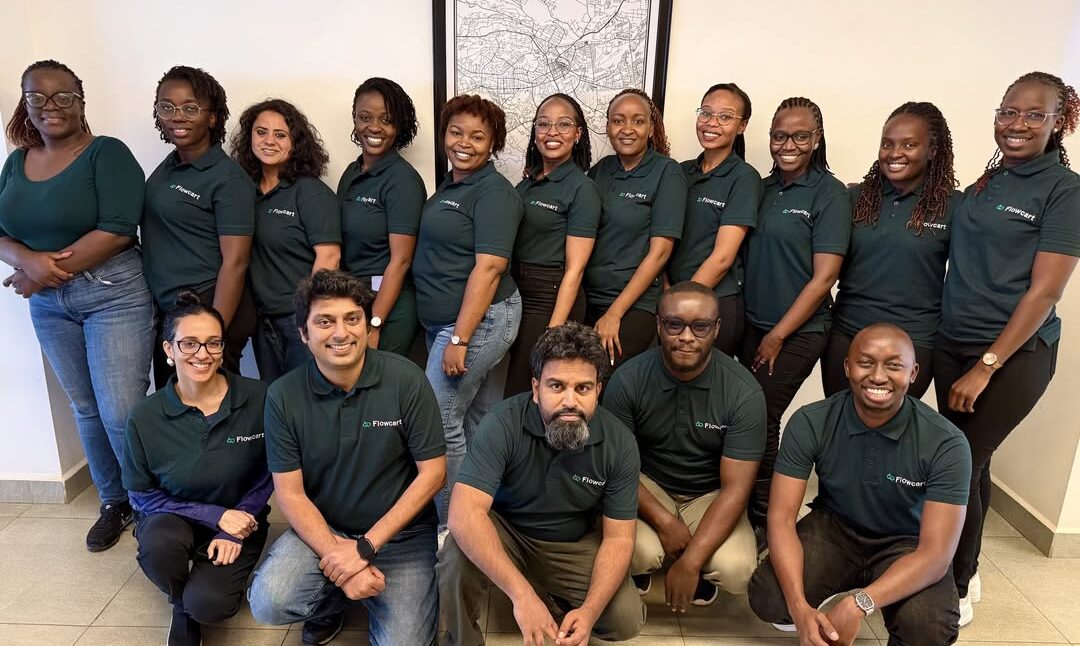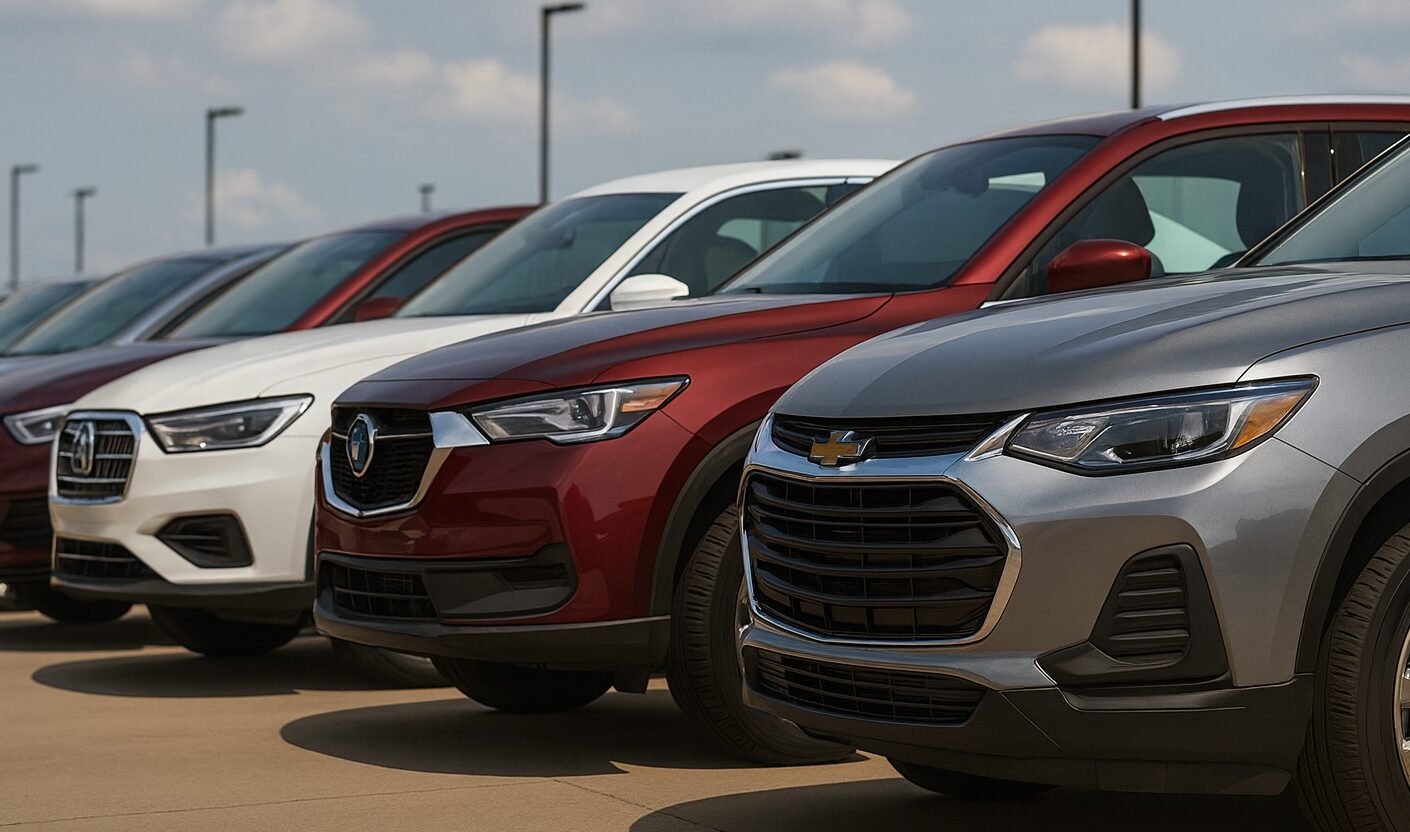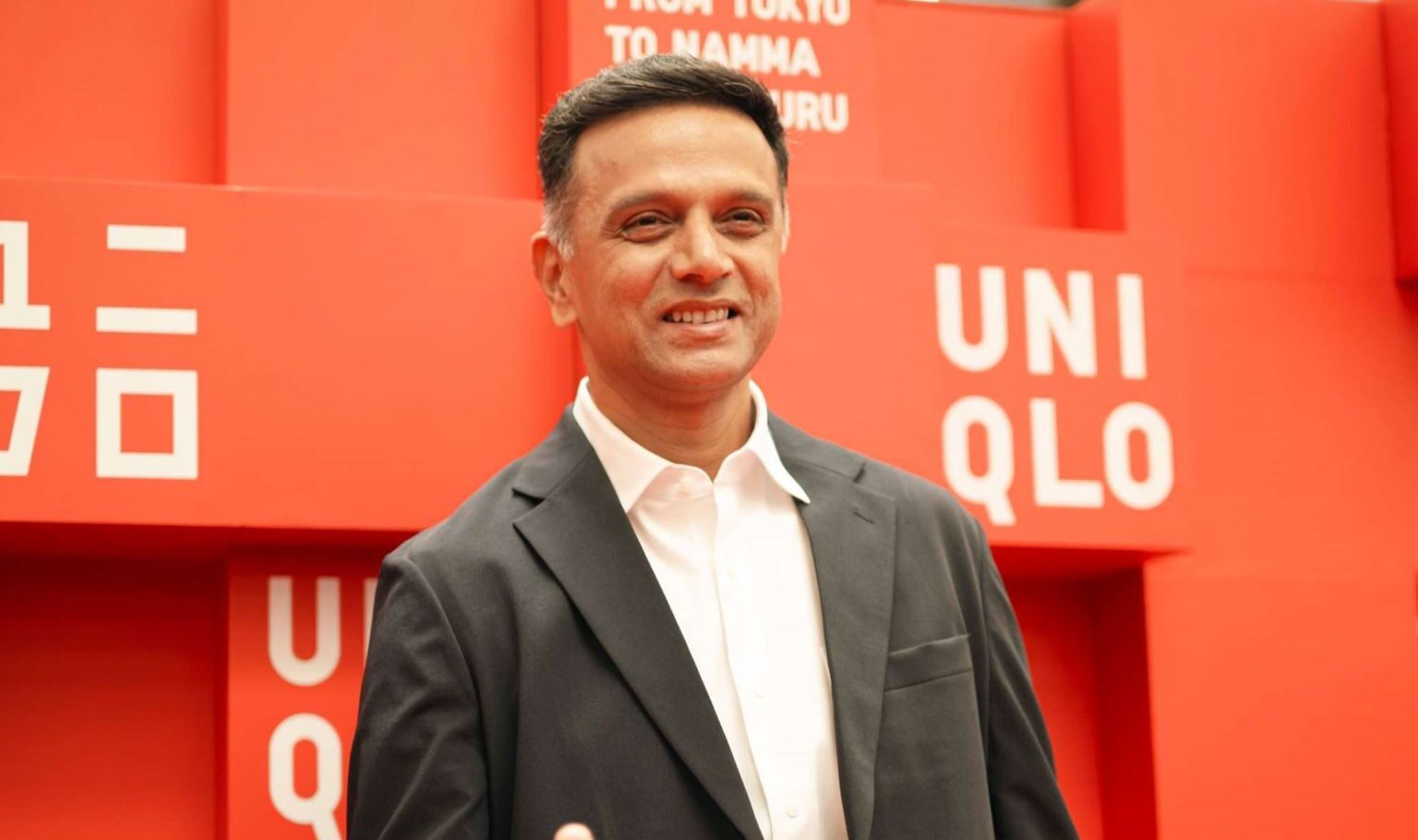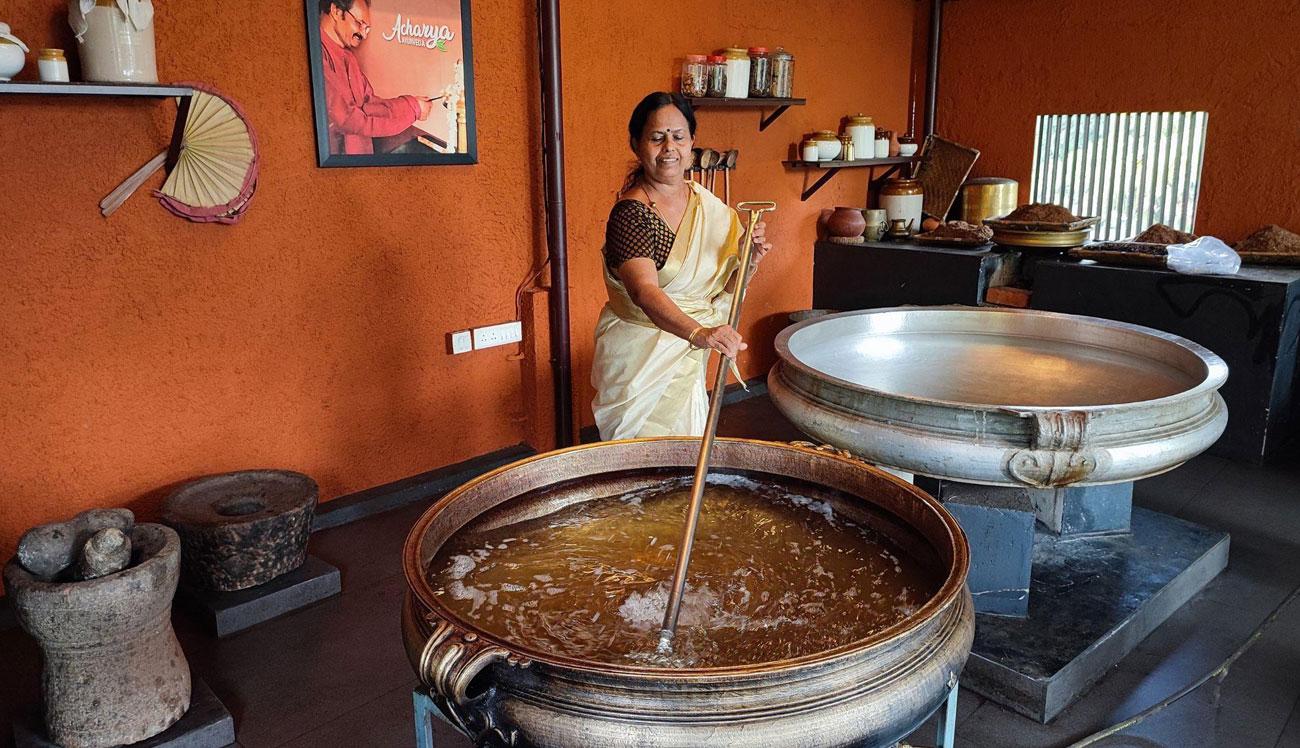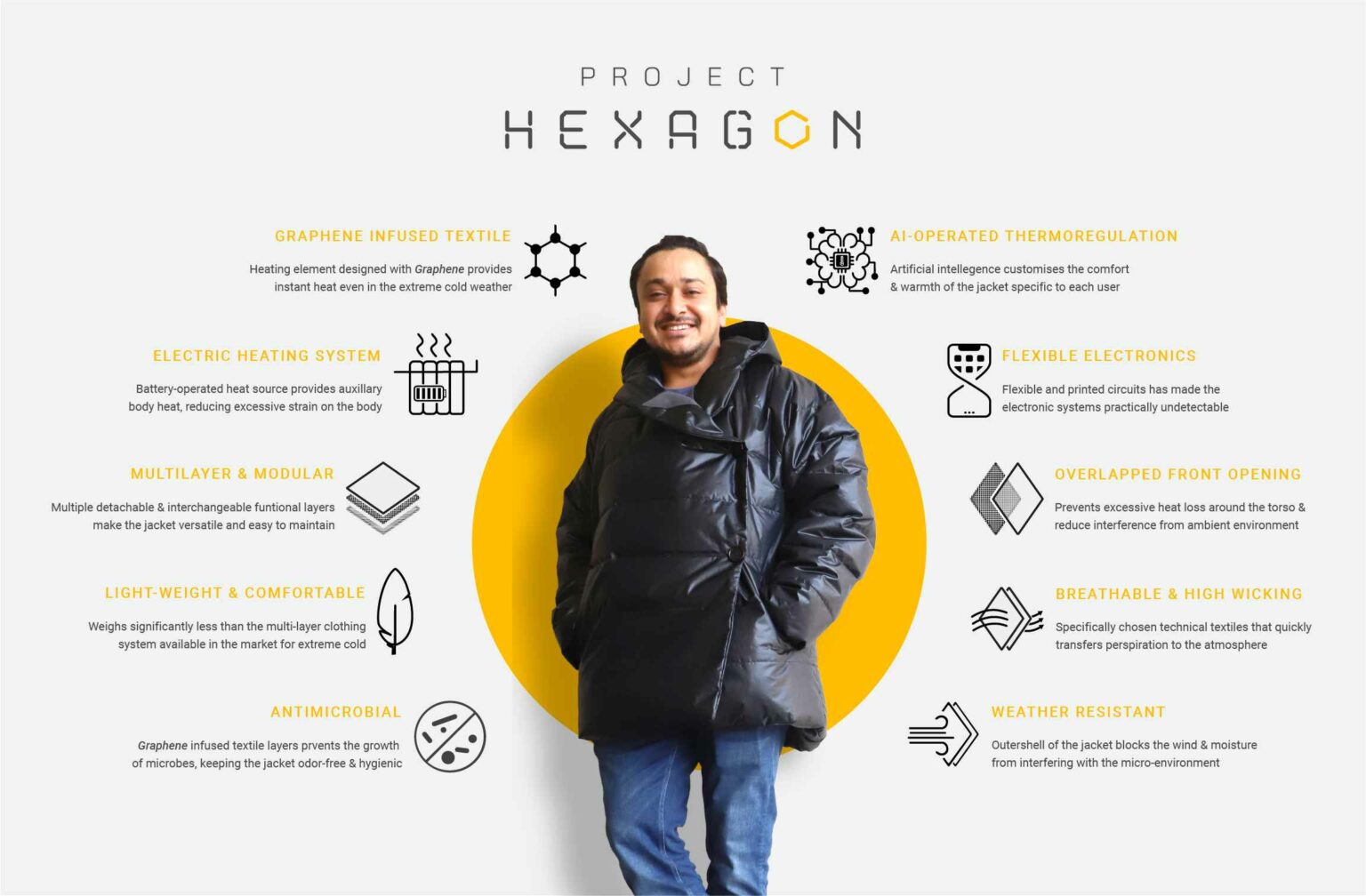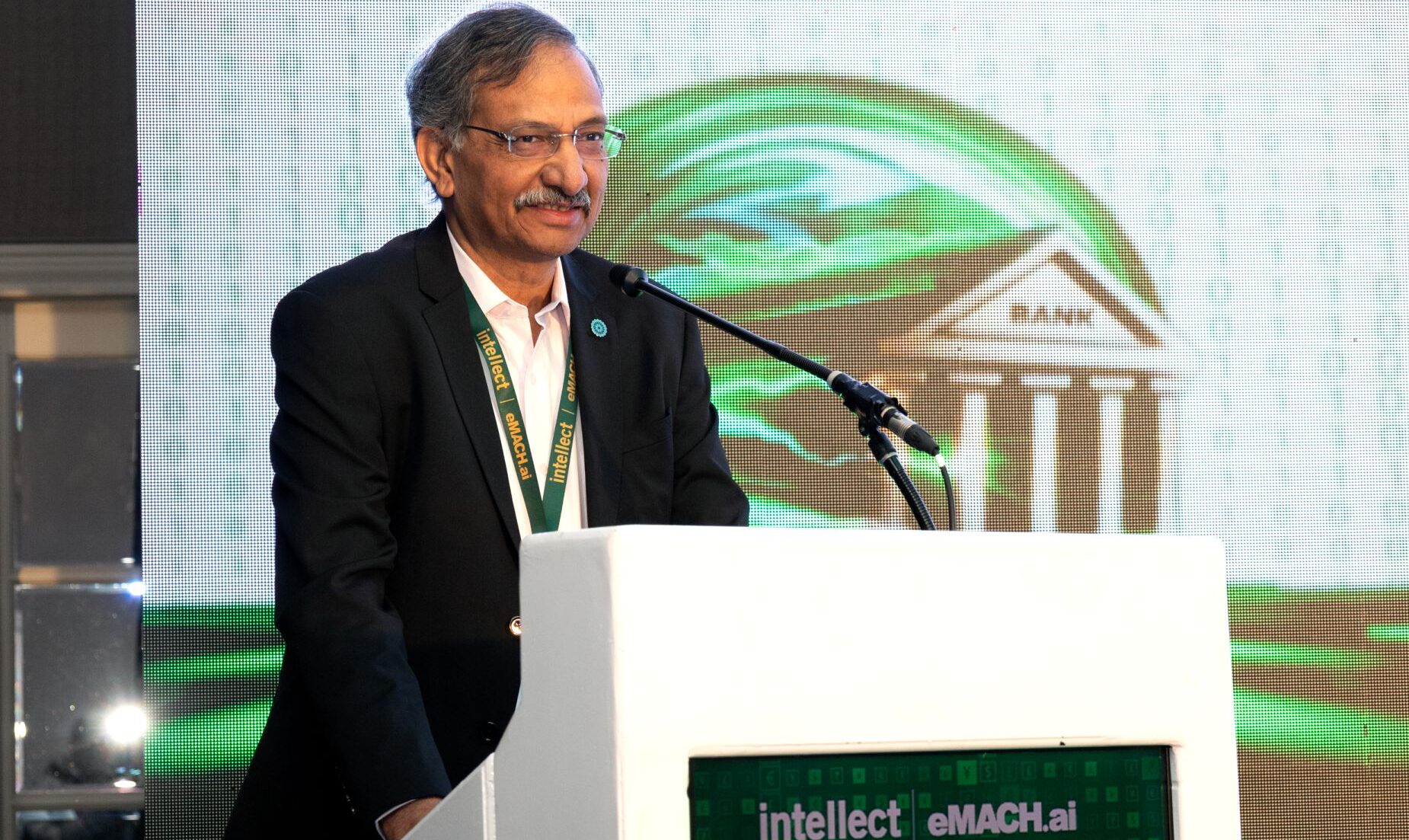What began as a quiet entry into India’s direct-to-consumer (D2C) wellness space has now become one of the country’s most compelling capital-efficient success stories. Powerhouse91, a digital-first brand aggregator, has crossed ₹100 crore in annual recurring revenue (ARR) and achieved EBITDA profitability-accomplished with only $2.5 million in total funding.
In an industry known for high burn rates and aggressive fundraising, Powerhouse91’s lean, focused approach has helped it defy the odds, scale sustainably, and join the ranks of profitable new-age consumer businesses.
What Exactly Does Powerhouse91 Do?
Powerhouse91 is a consumer brand accelerator that identifies promising D2C brands in wellness and personal care, acquires majority control, and scales them using centralized operations, marketing, and data-driven growth strategies. Unlike traditional private equity or venture capital, Powerhouse91 provides hands-on operational support post-acquisition to unlock brand potential.
The company operates under a “buy-and-build” model, where it doesn’t just invest in brands—it fully integrates them into its platform. Through this, Powerhouse91 handles everything from supply chain optimization and growth marketing to product expansion and distribution scaling.
Also Read: Primebook Gets $2M to Revolutionize Budget Laptops for Students
A Business Built on Focus, Not Flash
Founded in 2022 by Aqib Mohammed and Shashwat Diesh, Powerhouse91 currently operates two core brands:
- Azah – A premium feminine hygiene and wellness brand offering products such as organic sanitary pads, cramp relief roll-ons, and intimate washes.
- Slovic – A performance-driven fitness and personal care brand offering supplements, grooming essentials, and skincare designed for active lifestyles.
This narrow but deep brand strategy enables Powerhouse91 to build strong consumer loyalty while driving meaningful innovation within each category.

Digital-First and Distribution-Smart
Powerhouse91’s entire sales engine runs on online platforms, utilizing the scale and speed of quick commerce players like Blinkit and Zepto, along with e-commerce giants like Amazon. In March 2025 alone, the company processed nearly 2.4 lakh orders, according to internal estimates reviewed by startup data platform TheKredible.
The company has grown its monthly order volume at a steady double-digit rate, and its net merchandise value (NMV) for FY25 is estimated at ₹77 crore.
Funded Light, Grown Right
Unlike many startups that chase scale through repeated funding rounds, Powerhouse91 has not raised any capital since its initial $2.5 million seed round nearly four years ago. That funding came from notable investors including Titan Capital, FJ Labs, Crossbeam Venture Partners, Haresh Chawla, and Mamaearth co-founder Varun Alagh.
Instead of relying on external funds, the company has followed a path of organic growth and fiscal discipline. According to TheKredible, Powerhouse91 reported ₹39.96 crore in revenue for FY24 with a loss of ₹5.97 crore-figures that have now pivoted to EBITDA profitability as of April 2025.
This focus on bottom-line results-while rare in the D2C ecosystem-has helped the company build long-term stability and avoid the pitfalls of excessive capital burn.
Riding the Wellness Wave
The wellness D2C segment in India has seen steady growth, with several players carving out niche markets through product specialization and consumer-first positioning.
- Mosaic Wellness, parent of Man Matters and Bodywise, clocked ₹333 crore in revenue in FY24.
- Innovist, known for Bare Anatomy and Chemist at Play, reported over ₹103 crore in revenue in the same period.
Powerhouse91’s success puts it in league with these leading brands, with one key difference—its capital efficiency and profitability have been achieved with far less external funding.
A Sustainable Playbook for New-Age Brands
As D2C brands face growing scrutiny over cash flow and profitability, Powerhouse91 serves as a case study in building a scalable business without sacrificing unit economics. Its model highlights key lessons for emerging startups:
- Less is More: Deep focus on a few brands can often outperform broad diversification.
- Efficiency Matters: Growth built on discipline, not dependence, leads to sustainability.
- Consumer-Centric Innovation: Solving real consumer problems with high-quality products drives long-term loyalty.
Conclusion: A New Kind of D2C Powerhouse
Powerhouse91 has proven that profitability and scale are not mutually exclusive, even in a crowded market. Its journey underscores that with the right focus, even a small startup with limited funding can grow into a category-defining player.
With a strong foundation, two thriving brands, and a profitability milestone achieved, Powerhouse91 is not just another D2C startup—it is a template for what the next generation of consumer businesses in India could look like.
Also Read: Reliance to Invest ₹1.5 Trillion in Clean Energy and Petrochemical Expansion










